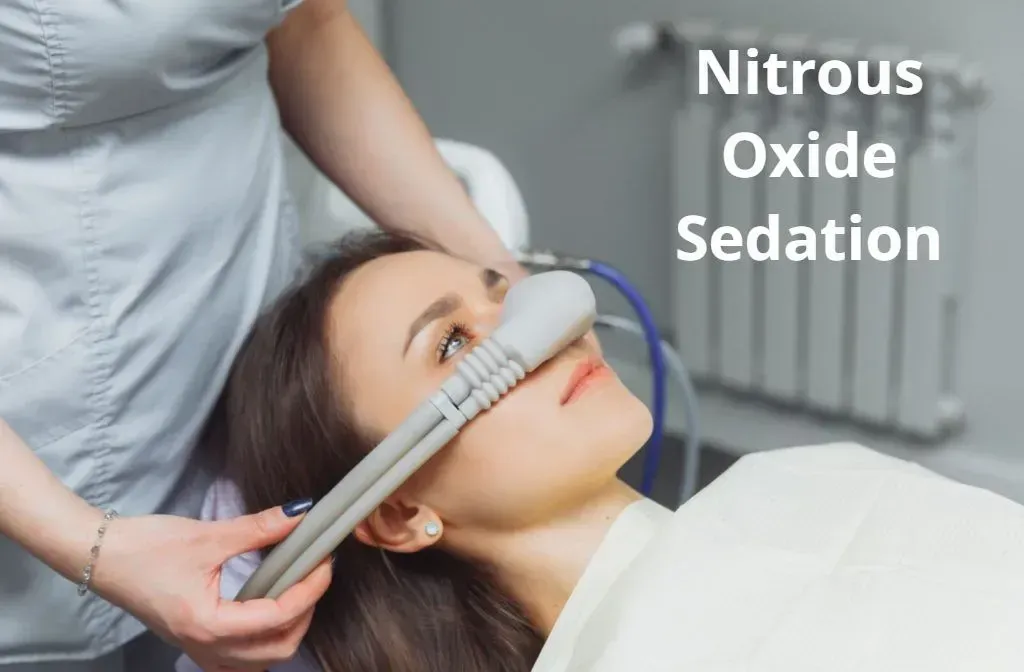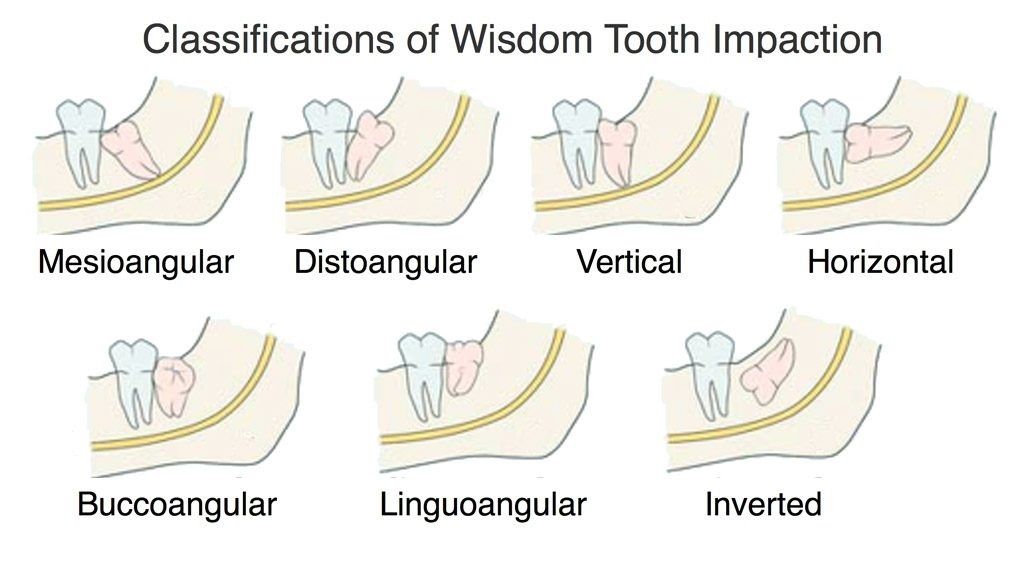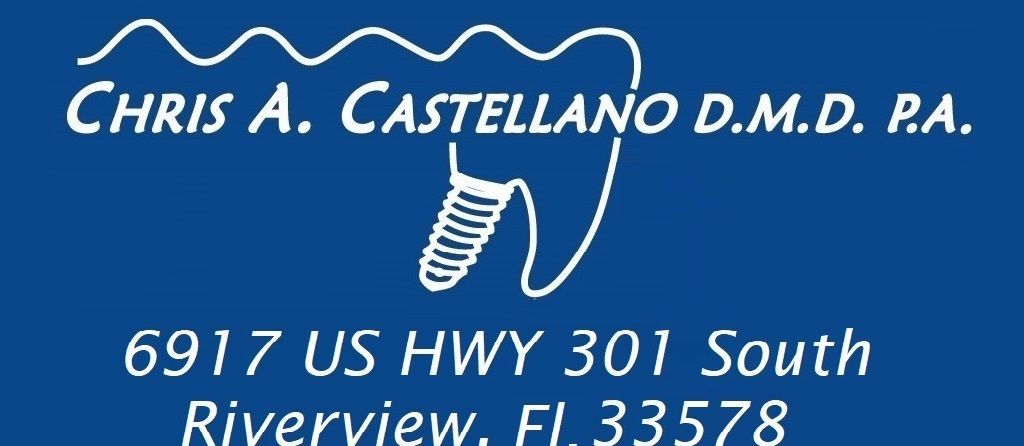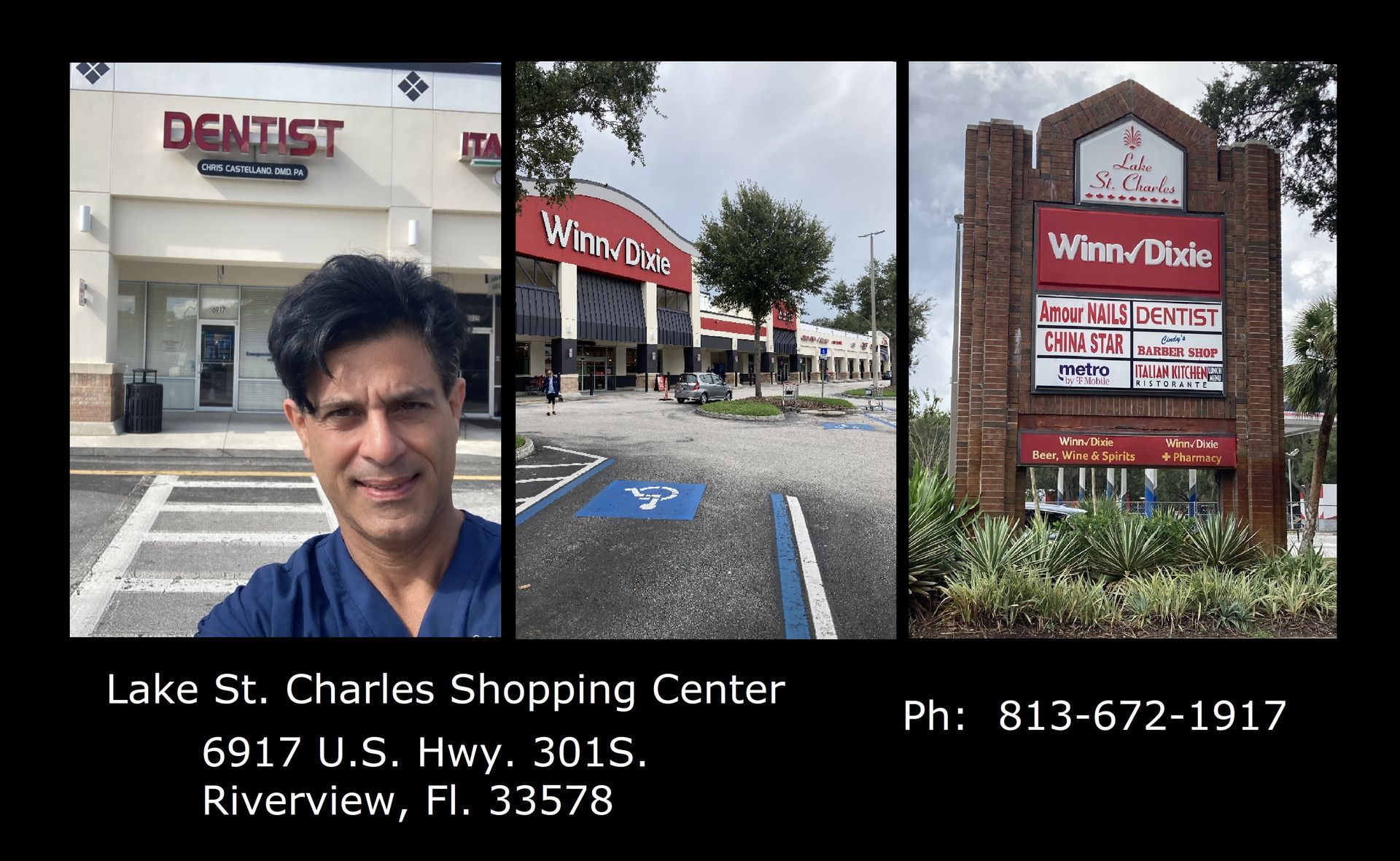Wisdom Tooth Removal Services
Serving Riverview, FL and all the surrounding areas
Find Immediate Relief with Our Emergency Dental Services in Riverview
Are you experiencing intense jaw pain that's affecting your daily activities? Swelling and inflammation making it difficult to enjoy a meal or speak properly? Don't suffer in silence. At Dr Castellano's riverview emergency dental care, we understand the pain and discomfort caused by an impacted wisdom tooth. Our experienced team is here to provide you with immediate relief and expert solutions.
Why Choose Us for WisdomTooth Removal?
Whether it's a simple tooth extraction or a complex surgical removal of an impacted wisdom tooth our team is dedicated to your comfort.
We understand the stress when dealing with an impacted wisdom tooth. That's why we offer same-day tooth extraction services and nitrous oxide sedation.

What are the 2 most common reasons wisdom teeth need to be removed ?
- Create space for orthodontic considerations
- Complications they produce

Our team of experienced professionals, use advanced, proven technologies and apply the latest techniques to ensure effective and proper care for wisdom teeth removal.
Symptoms of an Impacted Wisdom Tooth
What does an impacted wisdom tooth feel like?
- Pain in the mouth or jaw, tenderness, swelling in the gums with some bleeding.
- Headaches emanating from your temporomandibular joint
- Bad breath , unpleasant breath, and taste in the mouth.
- Radiating pain diffuse on one side of head and shoulder area
- Ringing in the ear tinnitis.
If you experience any of these symptoms, do not hesitate to visit us with your dental emergency for proper diagnosis and treatment to prevent further complications.
Complications of Impacted Wisdom Teeth
Gingivitis and periodontitis
Gingivitis and periodontitis occur around patially inpacted wisdom teeth. These conditions can lead to painful abcessing causing bone loss around adjacent teeth.
Cavities

Cavities on adjacent 2 molars can occur bcause partially impacted wisdom teeth are immposible to clean leading to bacterial plaque growth.
Pericornitis

Pericornitis which is a painful cellulitis condition caused by a bacterial infection around the crown of an impacted wisdom tooth.
Cysts

Cysts or Tumors (benign or malignant) originating from retained cells of the follicular sac where the tooth germ grows. These cells are normally shed at erruption, which is not the case in some impactions. These painful cysts or tumors can damage your jaw, nerve endings, and gums.
Tumors

Cysts or Tumors (benign or malignant) originating from retained cells of the follicular sac where the tooth germ grows. These cells are normally shed at erruption, which is not the case in some impactions. These painful cysts or tumors can damage your jaw, nerve endings, and gums.


